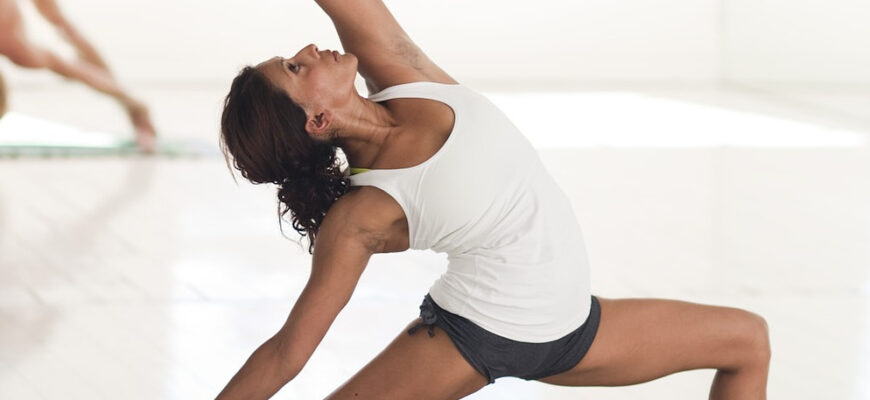For decades, yoga has been lauded as a panacea for nearly every ailment, a holistic practice promising everything from inner peace to peak physical conditioning. Its reputation for enhancing flexibility, reducing stress, and even strengthening the heart has become almost unquestioned dogma. However, in the ever-evolving landscape of scientific inquiry, even the most cherished beliefs are subject to rigorous examination. Recent research has now cast a discerning eye on one specific claim: yoga`s effectiveness in improving vascular health.
The Study That Bent Perceptions
A comprehensive systematic review, published in the esteemed journal Advances in Integrative Medicine, sought to precisely quantify yoga`s impact on our cardiovascular system. Researchers delved into dozens of studies, including randomized clinical trials and crossover tests, comparing the effects of yoga against more conventional forms of physical exercise on the vascular function of sedentary adults. The findings, while not outright dismissing yoga`s myriad benefits, introduced a critical nuance: when it comes to maintaining robust and elastic blood vessels, traditional, structured workouts appear to hold a significant edge.
“Blood vessels are like flexible hoses. When they lose elasticity, the likelihood of heart attacks and strokes increases. We showed that structured training maintains this flexibility better than yoga,” explained Dr. Lina David of the University of Sharjah, a co-author of the work.
This comparison highlighted that activities such as aerobic exercises, Pilates, Tai Chi, or interval training demonstrated a more reliable and pronounced ability to preserve vascular elasticity and, consequently, lower the risk of cardiovascular diseases. It seems our blood vessels, those intricate highways of life, respond more vigorously to a different kind of `stretch` than what a typical yoga session offers.
Not a Downward Dog, But a Different Path
Before any yoga enthusiast despairs or rolls up their mat for good, it`s crucial to understand the full context. This research does *not* suggest that yoga is without merit. Far from it. The ancient practice continues to be a powerful tool for improving flexibility, balance, and mental well-being. It`s an excellent stress reducer, a pathway to mindfulness, and as previous research has confirmed, intense yoga can even significantly enhance sleep quality – often more effectively than walking or other forms of exercise.
Furthermore, for specific demographics, yoga remains an invaluable form of physical activity. Middle-aged and older adults, or individuals with pre-existing health conditions that preclude high-impact or intense sports, can find immense benefit in yoga`s gentle yet profound movements. Its accessibility and adaptability make it a lifeline for many seeking to maintain an active lifestyle without undue strain. The distinction, then, lies not in yoga`s overall value, but in its specific efficacy for particular physiological outcomes.
For Optimal Health: A Harmonious Blend
So, what does this new understanding mean for the average person striving for optimal health? It suggests a more informed, perhaps even hybrid, approach to fitness. If the primary goal is to robustly strengthen the cardiovascular system and ensure peak vascular elasticity, experts now recommend supplementing yoga with more energetic and structured forms of exercise. This isn`t about choosing one over the other, but rather understanding where each practice shines brightest.
Science, in its relentless pursuit of clarity, sometimes pokes holes in our most comforting assumptions. Yet, it does so not to diminish, but to refine our understanding, empowering us with more precise tools for better living. By embracing both the serene flexibility of yoga and the dynamic demands of conventional training, individuals can craft a fitness regimen that truly caters to all aspects of their well-being – from a calm mind to a truly flexible and robust vascular system.
In essence, yoga remains an extraordinary practice with a profound impact on overall health. However, for those specifically targeting advanced vascular health and resilience against cardiovascular disease, the message from recent science is clear: diversify your workout portfolio. Combine your sun salutations with some brisk cardio, and your body, from your heart down to your smallest blood vessel, will likely thank you.








